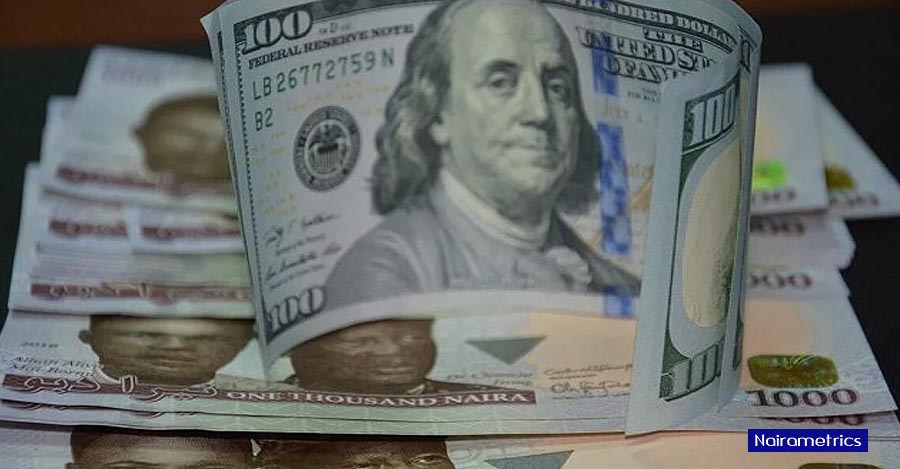After dropping to a low of 720/$, the Naira miraculously recovered, reversing the previous losses trend to trade as high as 635/$ on the black market.
- This achievement, however, appears to be fleeting as the Naira falls slowly into the N700/$ region again.
The naira sunk to N675/$ on Wednesday, August 10, 2022, in the parallel market.
The temporary strengthening of the Naira in early August and the subsequent weakening can be attributed to intermittent supply fluctuations.
- These supply fluctuations can be evidenced using the FOREX Turnover figures at the IEFX window as a data proxy
Despite Naira’s recent high volatility, none of the fundamental Macro indicators has shifted in Naira’s favour.
A cursory examination of the data reveals a significant decline in dollar supply from roughly $383 million traded on July 19th, 2022, to around $59 million traded on July 29th, 2022, indicating significant forex scarcity in the official market.
The data also shows that when forex turnover was at its peak, the Naira traded at about N630/$, but after the dollar supply deficit persisted, the Naira plummeted to its lowest at around N720/$ on July 29, 2022.
The data also reveals that the Naira began to strengthen in the parallel market as the official markets’ turnover of foreign exchange rose. It is therefore evident that the Black market pricing is strongly influenced by the amount of foreign exchange available in the official market.
The amount of foreign exchange traded decreased slightly by 1.75% to $113.64 million on Tuesday, August 9, 2022, from $115.67 million on Monday, August 8, 2022. Due to the decline in supply, the Naira lost some of its value and closed at N675/$1, a 1.5% fall from the N665/$1 recorded in the previous trade.
Given the data explored above, it is safe to say that the depreciation of the Naira in the black market is likely to continue; if the Central Bank of Nigeria doesn’t maintain a sufficient supply of dollars in the official window the Naira would crash further to the N700/$ region.
What experts are saying
Kalu Aja, a Financial Literacy expert with a large following on Twitter stated that the movement of the Naira is a supply issue as core Macroeconomic fundamentals haven’t changed.
He said, “More supply is causing the price to deviate slightly. I don’t believe the appreciation is due to any change in macroeconomics; it’s a supply issue, and new supply has entered the market, causing the price to moderate slightly.”
He went on to say that Nigeria’s currency crisis would be resolved if we could enhance the supply of dollars into the economy.
“We have to export more so we can earn dollars as you are aware crude oil prices are up but Nigeria’s production is down. Not just export crude oil but non-oil exports,“ he added.
He also emphasized that Nigeria requires more remittances. “The CBN’s policies, capital controls, and the fixing of the naira at a very high rate are not encouraging,” he remarked.
“We need to do fewer imports so that we can stop importing PMS, which will relieve pressure on the currency. It will assist the naira in finding its level,” he continued.
Dr Romanus Osabohien, Lecturer at the Department of Economics, Covenant University, Ota stated that “low production, high consumption of foreign products above local goods, CBN inefficiency, interest rate differentials, and political instability” serve as fuel to the burning Naira.
He further commented, “with the right policies such as an increase in the production of local commodities, we may expect a rise in the value of the naira. On the other hand, without these policies, we may expect worse in terms of the value of the naira.”













Nigeria leaders are the most corrupt leaders in the whole wide world oh yes I put all the blame of this country on them,Allah will punish them in Jesus name allah amen
This Is a falls biography of Alh Dahiru Mangal he never attended a formal school
Mansur